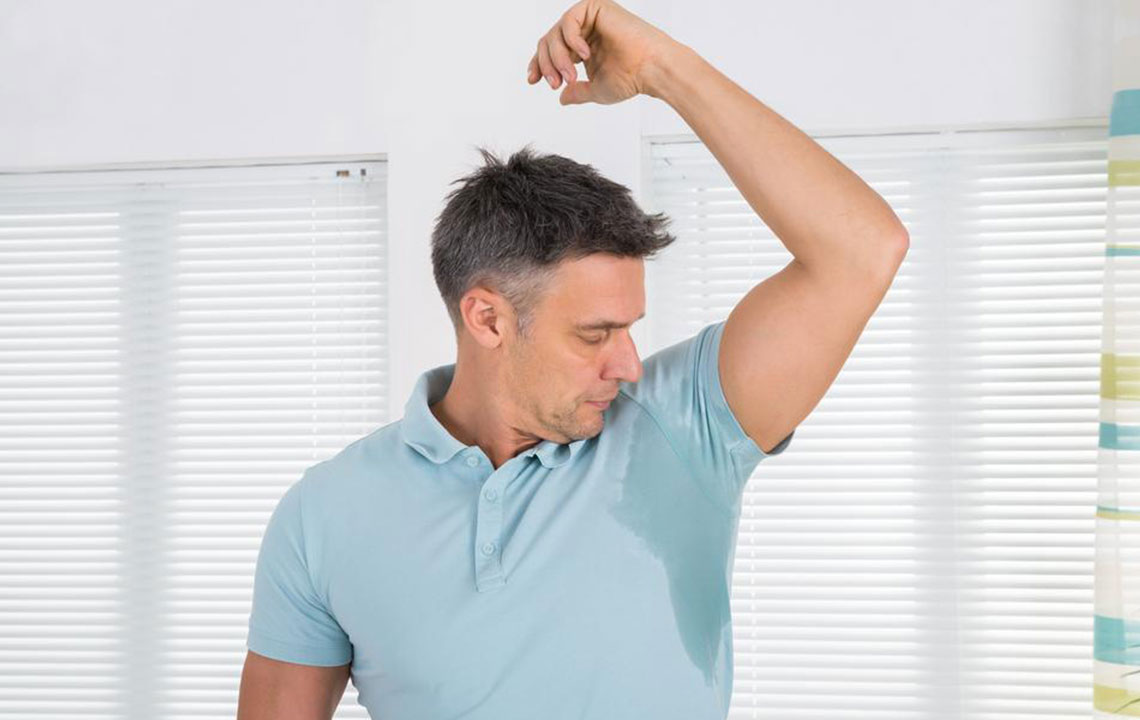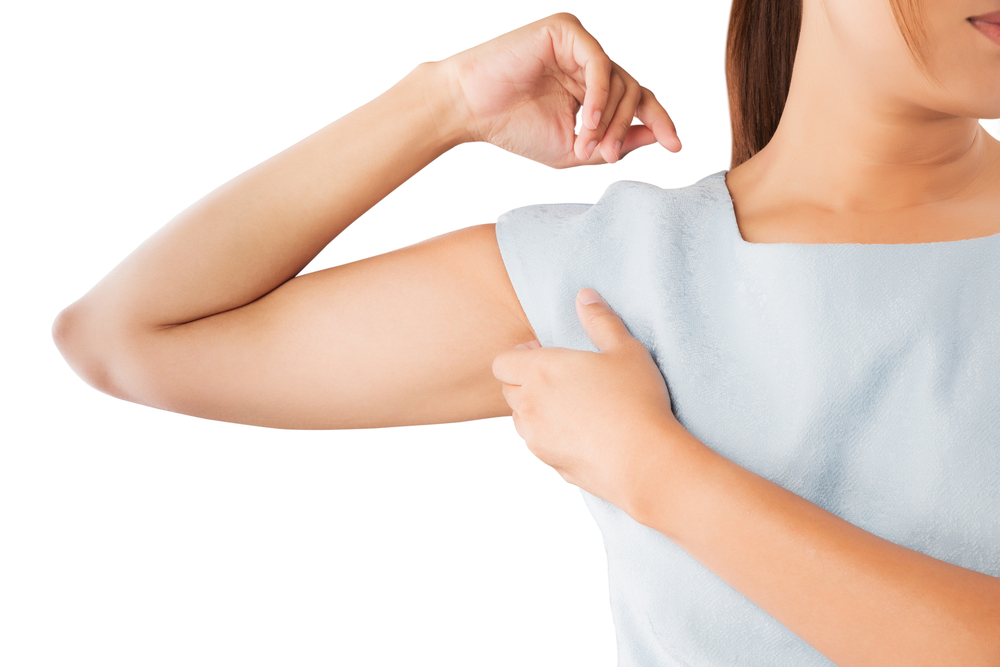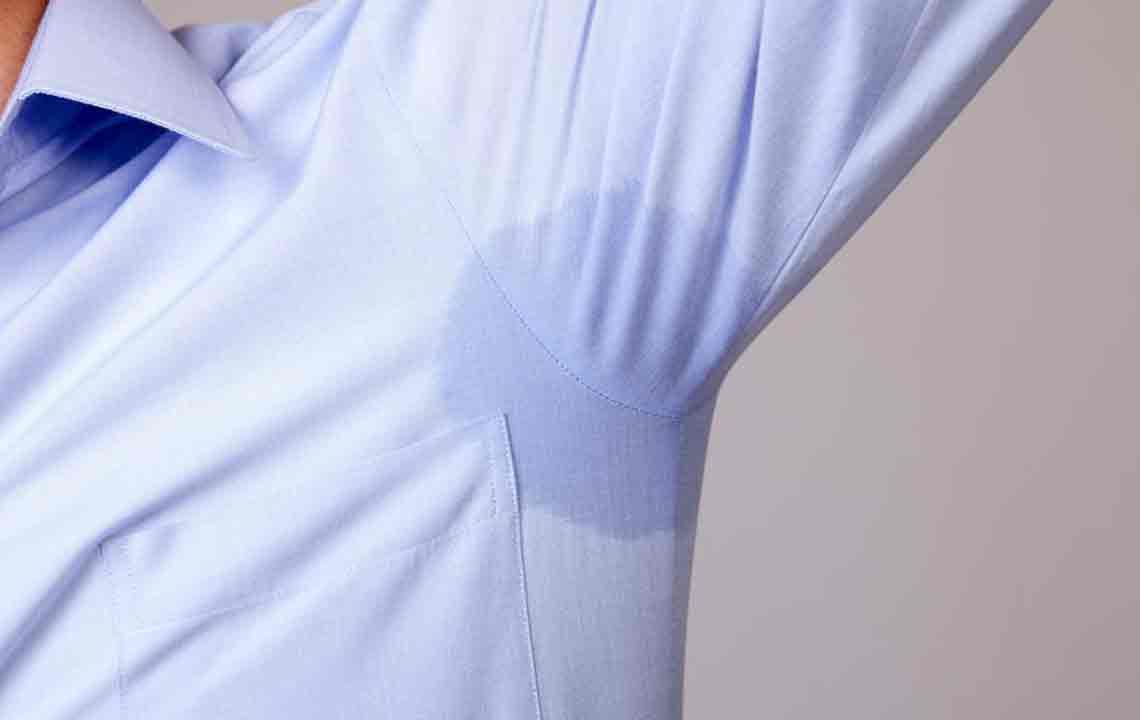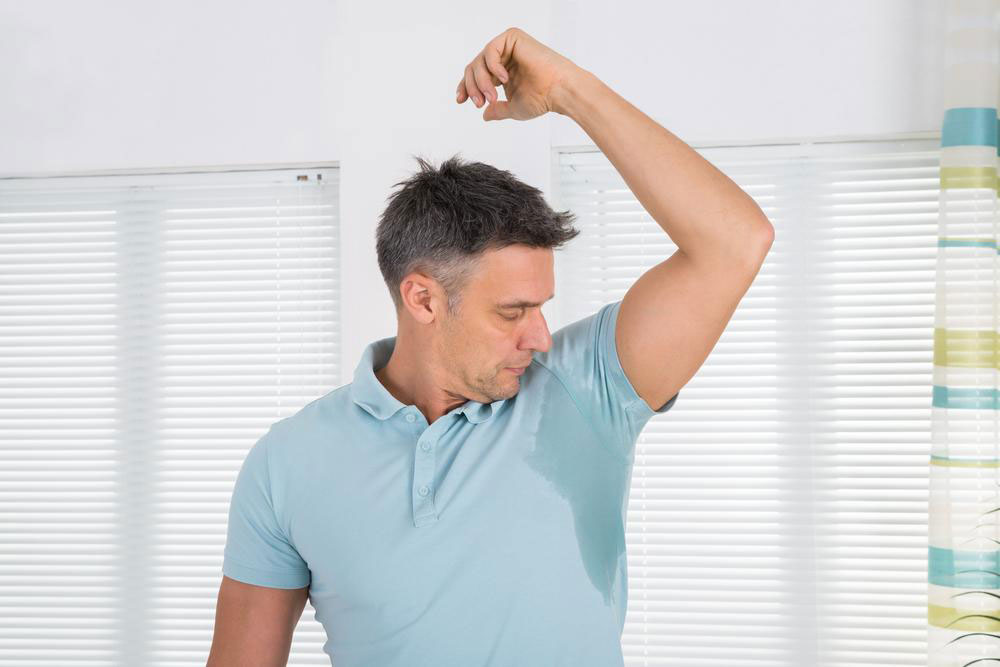Know why you are sweating excessively
Does a simple workout leave you profusely sweating? Do you have to start looking for a handkerchief to wipe your palms before a handshake?
You may find this quite embarrassing or even annoying but did you ever think that your excessive sweating can be a sign of a medical condition? Therefore, it is important to understand the causes of excessive sweating.
What makes you sweat excessively?
According to well-established studies, the causes of excessive sweating can be health problems such as hormonal problems, obesity or bacterial infections.

Sweating is a normal reaction to cool your body down. But excessive sweating or hyperhidrosis is a condition when you may sweat heavily for no reason. There are two basic types of excessive sweating: localized hyperhidrosis and generalized hyperhidrosis.
Localized hyperhidrosis
This is a common type of excessive sweating that affects about 1% to 3% of the population and usually starts in late childhood or adolescence. This is not an indication of any disease or drug reaction, though it is a medical condition.
It is called localized sweating as the condition affects specific parts of the body. It is believed that this happens due to a minor malfunction in the nervous system. To understand the causes of excessive sweating, it is important to check your symptoms and rule out localized sweating. This can help you to know whether your condition is more serious.
Generalized hyperhidrosis
This type of excessive sweating is less common and causes perspiration all over the body. This condition is also more serious medically, as it indicates an underlying health problem. One very prominent sign of this condition is excessive sweating at night. There can be many reasons that can trigger generalized sweating such as thyroid disease, diabetes or it could also be due to menopause or pregnancy. It can also indicate Parkinson’s disease, rheumatoid arthritis, stroke or heart failure.
If you are unable to identify the cause of excessive sweating, it is best to consult a doctor.




